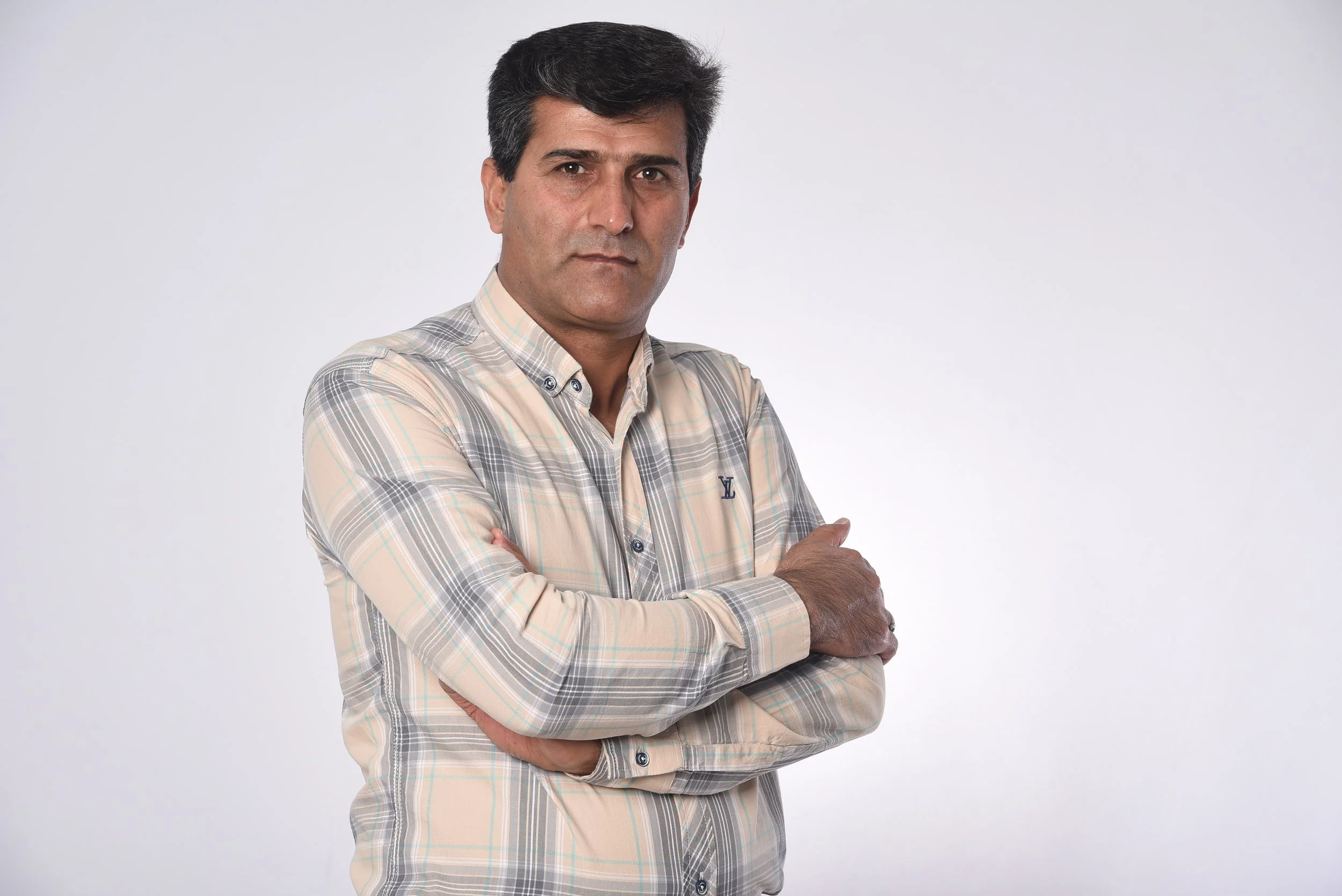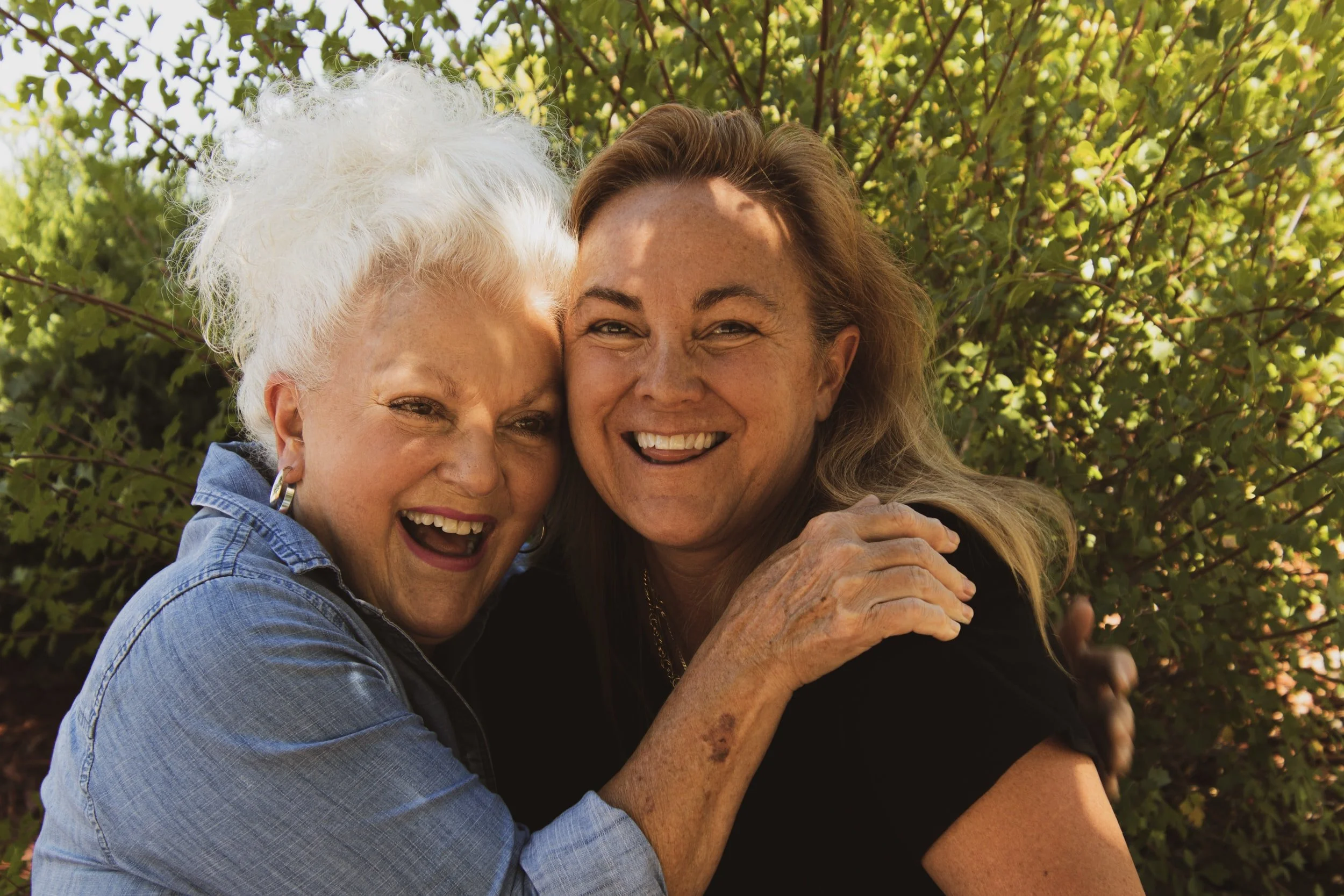The Aging Male
We all know someone who could easily be the subject of today’s article... that 40-something guy: grumpy, tired, pot-bellied, forgetful & grumpy. What you may not know (unless he happens to be your partner) is that he also has low sex drive, can’t maintain an erection, and is losing muscle mass. Sound like anyone you know?
We all know someone who could easily be the subject of today’s article... that 40-something guy: grumpy, tired, pot-bellied, forgetful & grumpy. What you may not know (unless he happens to be your partner) is that he also has low sex drive, can’t maintain an erection, and is losing muscle mass. Sound like anyone you know?
It is very normal for hormone levels to decrease in both women & men sometime around the mid-late forties, signalling a decline in our reproductive capabilities. For a peri-menopausal woman, her ovaries begin to slow down, with her oestrogen & progesterone levels decreasing accordingly. The symptoms of this are familiar: hot flushes, mood swings, low sex drive, weight gain & night sweats. In men, very similar things are happening, it is just that we know less, and certainly talk less, about them.
Andropause.
Androgens are the name given to the group of male hormones, including testosterone. Thus, andropause is the pausing of androgen production. Most men would want to know they have ample testosterone on board, for this plays a big role in a man’s stamina, musculature, mood and libido. When levels drop, so too do energy levels, muscle mass, libido, mood, sleep quality, memory and general drive. Some men may even experience night sweats & hot flushes, symptoms typically reserved for women. Whilst some reduction in testosterone is normal, it is becoming increasingly problematic, especially in men of younger & younger age. Why??
There is a large body of research to suggest that the following factors are responsible for the increased decline of testosterone:
Obesity as men get fatter, their oestrogen levels rise (yep, this gives you your man boobs) and testosterone falls. As testosterone promotes the formation of lean muscle tissue, a decline in levels means it becomes harder to build muscle.
Sedentary lifestyle: exercise is a strong driver of testosterone, in both men & women. Low exercise = low testosterone.
Stress: high levels of cortisol (our key stress hormone) compromises testosterone production.
Environmental toxins: men are increasingly exposed to xeno-oestrogens, plastics & pesticides, all of which disrupt testosterone synthesis in the testes.
Oxidative damage: the combination of a diet low in nutrients and high in sugar & processed fats causes early damage to the cells that produce testosterone.
Next week’s article will consider how we can support healthy testosterone levels through the right nutritional, herbal & lifestyle means.
Ageing Gently
Ah, the subject of ageing. This thing we’ve come to fear and dread, even though it’s a completely normal part of being alive. We fear ageing for two main reasons. Firstly, we’re constantly exposed to ridiculous standards of appearance that we’ll never live up to, and we’re bombarded with images of gorgeous people that include no-one over the age of 45. And ,secondly, ageing well is just not something that we’re good at.
Ah, the subject of ageing. This thing we’ve come to fear and dread, even though it’s a completely normal part of being alive. We fear ageing for two main reasons. Firstly, we’re constantly exposed to ridiculous standards of appearance that we’ll never live up to, and we’re bombarded with images of gorgeous people that include no-one over the age of 45. And ,secondly, ageing well is just not something that we’re good at.
Ageing is pre-programmed into our DNA. We simply can’t not get older. Our cellular age, however, is not necessarily the same as our chronological age and we do have some influence over this. Depending on many lifestyle factors, our 50-year-old body could have the cellular age of a 35-year-old or a 75-year-old.
Signs of Poor Ageing
Joint Pains: Waking up stiff & sore, swelling & pain are all signs of inflammation settling into the joints. This is not good. It generally means you move less and less, and consequently gain weight and lose flexibility & strength. It’s not a good sign to be struggling to get up from a chair because your knees are going and you’re only 40. Joints will wear down faster when the body is overly acidic or inflamed, usually due to a highly processed, sugar- & grain-filled diet.
Weight Gain: Most people gain a kilo or two a year from the age of 40. Some of this is entirely normal, and due to hormonal changes. Some of it, however, is not; it is due to poor diet, inadequate sleep and physical activity, and too much stress.
Fatigue: Whilst we know that we generally slow down as we age, many people struggle simply to get through a day due to being exhausted. This chronic fatigue can be due to many reasons, particularly poor quality and adrenal dysfunction, but certainly increases as we age.
Chronic Inflammation: More and more, we are recognising that inflammation is the root cause of many diseases. High levels of pro-inflammatory cytokines are found in age-related diseases such as diabetes, arthritis, osteoporosis and cancers.
Improving your odds of Ageing Well.
We can’t change our genes (at least not yet anyway!), but we can certainly look after our cells and age more gently and gracefully. It’s all about keeping it simple:
Eat a nutrient-dense, anti-inflammatory diet. Simply put, this means eating a wide array of colourful vegetables & fruits; healthy fats like coconut, avocado, salmon & seeds; and good quality meats & eggs. It also means avoiding processed foods and sugar.
Move. Often. Staying active is profoundly important in looking after your cardiovascular system, stimulating your metabolism, and keeping your joints limber and your body agile. Do what you love, be it cycling, jogging, swimming, tennis, dancing or gym…or if you don’t love it, at least do it with someone you love to be with.
Reduce your stress. I know, we throw this phrase around all the time. It’s true though, stress is closely tied to inflammation and seriously increases your rate of ageing. Meditate, pray, do yoga, read uplifting books, play gorgeous music. Whatever takes the edge off for you.



